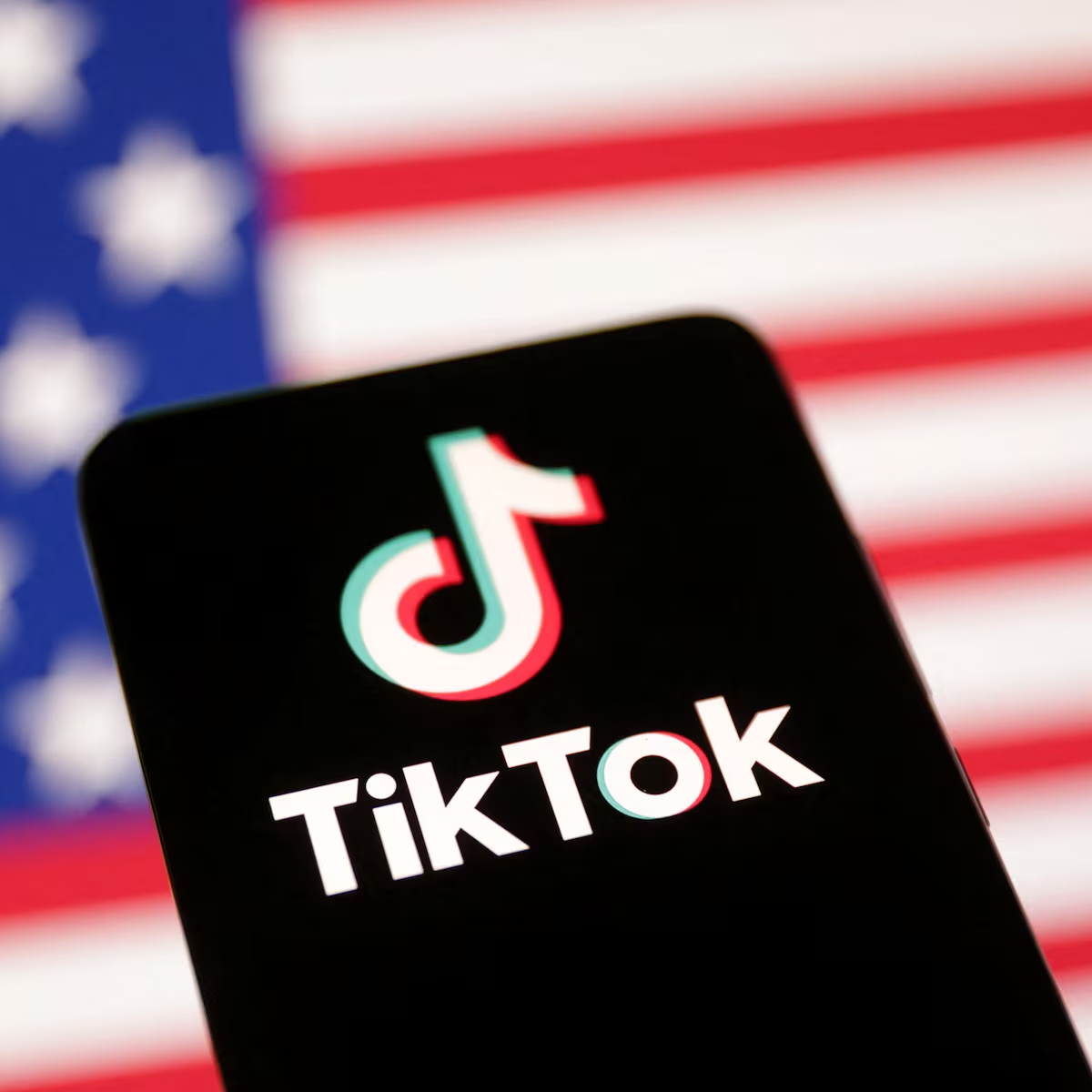TikTok, the immensely popular social media platform, is at risk of being banned in the United States as the Supreme Court deliberates on its alleged threats to national security. The decision could have far-reaching implications for free speech, technology regulation, and U.S.-China relations.
Background: National Security Concerns
The legal battle centers around claims that TikTok, owned by Chinese company ByteDance, poses a national security threat by potentially sharing user data with the Chinese government. The U.S. government has cited the following concerns:
- Data Privacy Risks:
- TikTok collects vast amounts of user data, including location and behavioral information, raising fears that this data could be accessed by the Chinese government under its national security laws.
- Influence and Misinformation:
- Officials argue that TikTok could be used as a tool to influence public opinion or spread misinformation in ways that undermine U.S. interests.
- Precedent of Action Against Chinese Tech:
- This case follows previous actions against Chinese companies like Huawei and ZTE, highlighting ongoing tensions in U.S.-China tech relations.
Supreme Court’s Role
The Supreme Court’s involvement follows an appeal by ByteDance after lower courts upheld restrictions on TikTok. The high court’s decision will address key issues:
- Executive Authority:
- The case examines whether the executive branch has the authority to ban TikTok under existing national security laws.
- First Amendment Rights:
- TikTok argues that banning the platform would violate the First Amendment, as it serves as a major venue for free expression.
Public and Industry Response
The potential ban has sparked intense debate across the political and social spectrum:
- Support for the Ban:
- Advocates, including some lawmakers and security experts, argue that TikTok’s ties to ByteDance make it a unique risk that justifies decisive action.
- Opposition to the Ban:
- Critics, including digital rights groups and creators, contend that the ban would set a dangerous precedent for tech regulation and stifle free speech.
- Economic Concerns:
- TikTok’s vast user base in the U.S. contributes significantly to the creator economy, with many businesses and influencers relying on the platform for income and outreach.
Implications of a Ban
If TikTok is banned, the repercussions could be wide-ranging:
- Impact on Creators:
- Millions of U.S.-based creators who depend on TikTok for income could face significant financial losses.
- Tech Regulation Precedent:
- A ban could pave the way for stricter oversight of foreign-owned apps and platforms, reshaping the tech landscape.
- Geopolitical Tensions:
- A ban would likely escalate U.S.-China tensions, with potential retaliatory measures impacting U.S. companies operating in China.
Alternatives to a Ban
To address concerns while avoiding a complete ban, policymakers have proposed alternatives:
- Data Localization:
- Requiring TikTok to store U.S. user data on domestic servers managed by American companies.
- Ownership Restructuring:
- Forcing ByteDance to divest its U.S. operations to a domestic buyer to ensure compliance with American laws.
- Enhanced Oversight:
- Establishing stricter auditing and transparency requirements to monitor data security practices.
Conclusion
The Supreme Court’s decision will be pivotal in determining TikTok’s future in the U.S. and shaping the broader debate over national security, technology, and free expression. As the justices deliberate, the case underscores the complex intersection of law, technology, and geopolitics in a rapidly evolving digital age.
For more information, visit The Verge.





